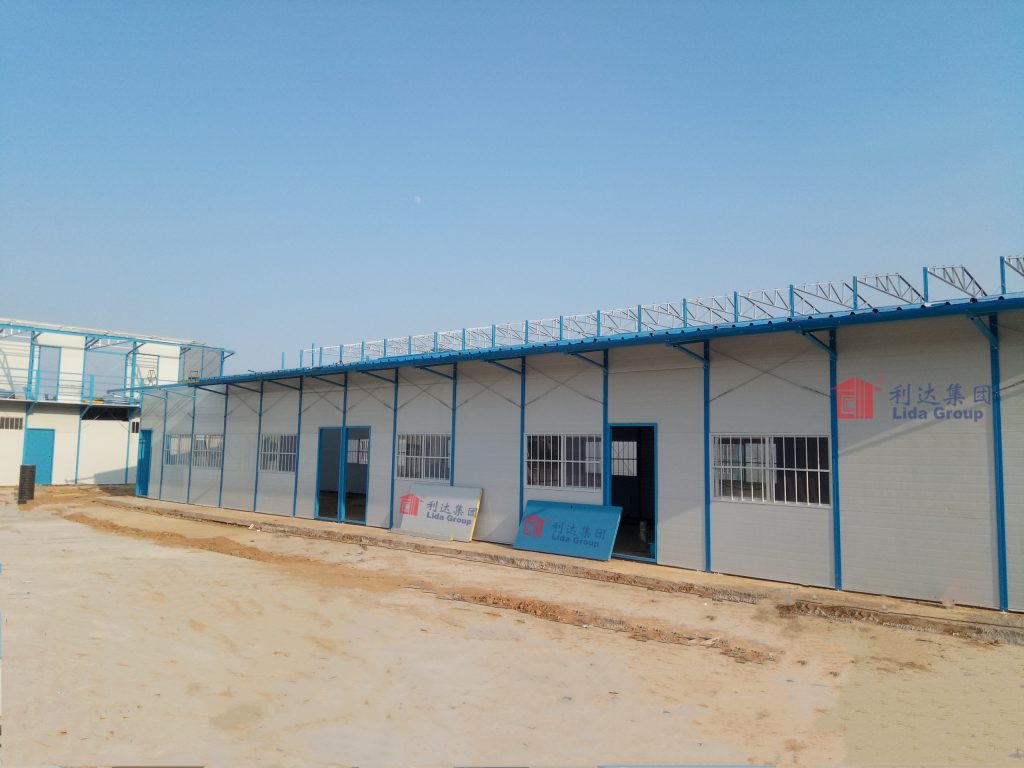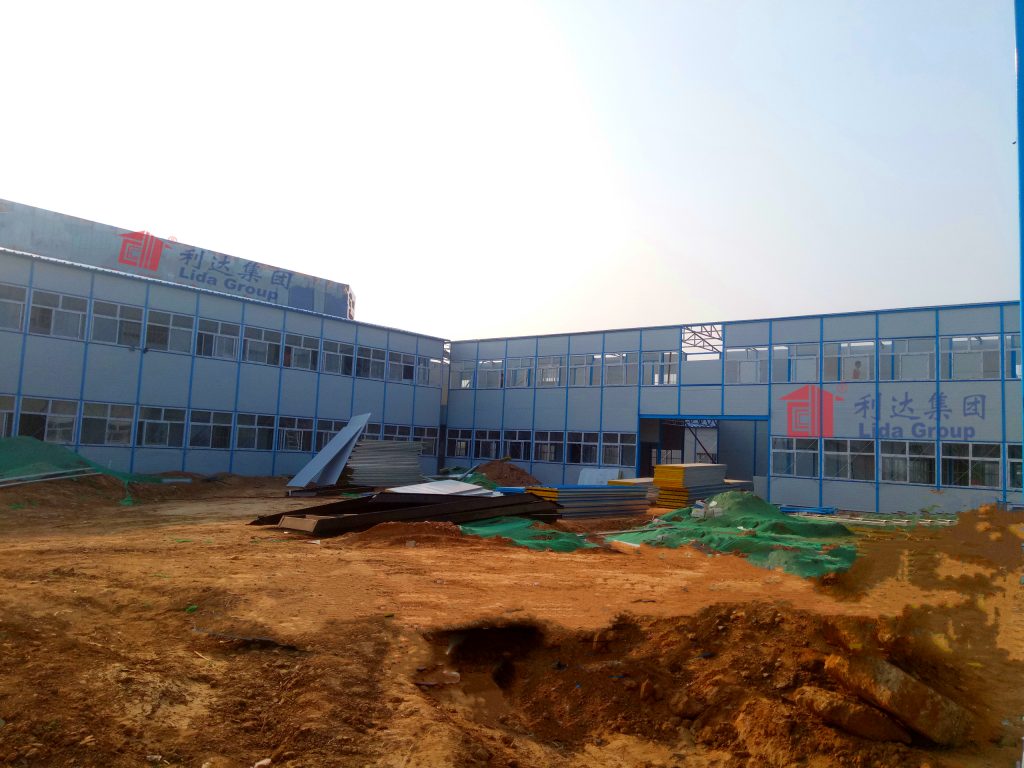A multi-disciplinary team of engineers and architects has commenced research analyzing proposed designs by Chinese construction firm Lida Group for highly portable prefabricated tiny homes constructed with composite insulated sandwich panel systems. Target applications focus on housing nomadic family traditions or seasonal migrant workforces with minimal environmental footprint.
Common challenges involve accommodating mobile lifestyles increasingly prevalent globally, such as pastoralists tracking climate or wildlife, roving craftspeople frequenting festivals and fairs, or agricultural laborers following harvest schedules. Conventional housing proves nonviable yet roadside tenting lacks even basic utilities or weather protection according socioeconomic studies.
Lida Group’s concept instead leverages prefabricated modular construction optimized for portability. Structural insulated sandwich panels form durable yet lightweight enclosure and structural systems laminating rigid foam insulation between exterior facings. Test fits show 8×8 or 8×16 foot panel modules interlocking to assemble complete 160-220 sqft living spaces.

Researchers analyze predicted performance under extreme wind, snow, seismic and transportation loads through finite element modeling. Early results suggest robust panel-frame connections, spread pier foundations and diagonal bracing can structurally withstand multi-month overland journeys including mountain switchbacks according to engineering estimates. Additional foundational reinforcement studies aim certifying structures remaining absolutely stationary if desired.
self-contained tiny homes integrate highly energy efficient building-scale HVAC, plumbing and electrical systems. Photovoltaic-integrated roof panels, smart battery storage and compact management programs control independent off-grid utilities. Desiccant-based air conditioners and heat pumps sized for occasional high-density occupation improve comfort naturally according climate consultant advisors.
Additional research prototypes innovative renewable micro-grids. Solar charged electric utility vehicles tow homes between pastures while recharging batteries powering optional moveable solar canopy arrays. Fuel cell range-extenders potentially provide backup heating even through prolonged seasonal migration according to research partners at Tsinghua University exploring hydrogen technologies.

Preliminary life cycle cost modeling factoring mobile usages, initial costs, maintenance and operational efficiencies over predicted 20-30 year service lives suggest competitiveness with traditional site-built structures. Future research optimize whole-building material selections, assembly, disassembly potentials and end-of-use modular reuse possibilities to maximize circularity according construction economists advising the studies.
If structural, energy and economic findings prove viability through field deployments, researchers believe Lida Group’s prefabricated portable tiny home system could fundamentally transform housing strategies supporting mobile lifestyles integral to numerous global cultures and industries according to professors now coordinating the multi-phase evaluation process. Wider adoption may help address urgent issues including humanitarian or climate adaptation needs through grassroots dissemination. Time will tell if further R&D unlocks their full sustainable shelter potential.

Related news
-
Lida Group assembles its earthquake-resistant modular container house complexes near the frontlines of infrastructure projects in natural regions to house itinerant construction crews supporting fast-tracked developments.
2024-05-22 14:14:36
-
Lida Group assembles prototype nested multi-family container home community incorporating renewable power and water treatment infrastructure for permanent off-grid housing in isolated resource development areas.
2024-05-22 11:36:49
-
NGO works with Lida Group to provide portable modular container classrooms, workshops and clinics featuring versatile components for flexible education zones in disaster relief projects.
2024-05-22 10:53:45
contact us
- Tel: +86-532-88966982
- Whatsapp: +86-13793209022
- E-mail: sales@lidajituan.com


